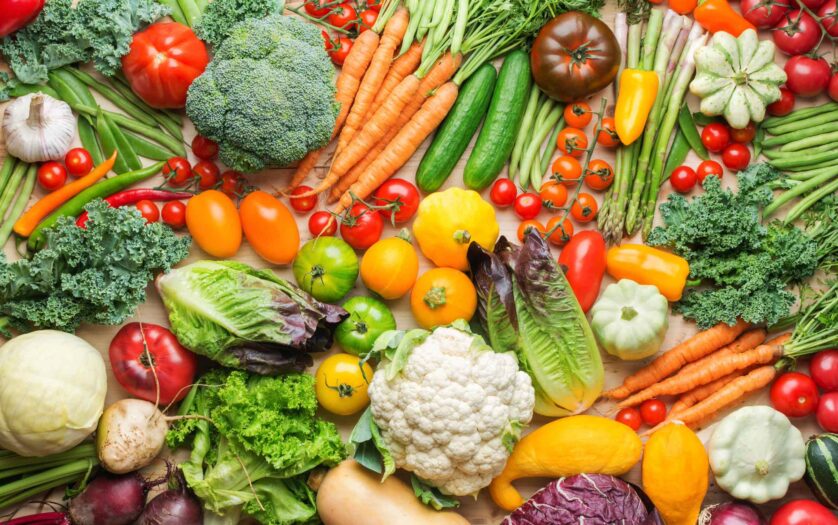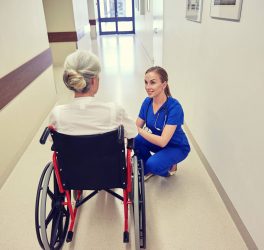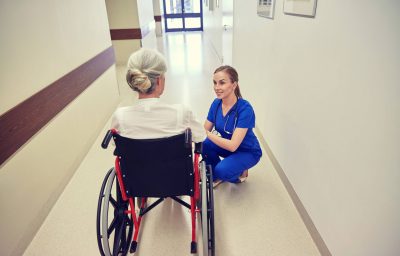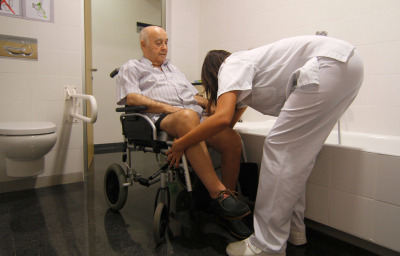
A three-year world-first study by the Heart Research Institute (HRI) has found that a common cruciferous vegetable eaten by millions of Australians every day could prevent and treat one of the nation’s biggest killers.
In pre-clinical trials, the study confirmed a natural chemical found in broccoli can reduce the formation of harmful blood clots that can in some instances lead to stroke, as well as improve the performance of clot-busting drugs afterwards.
Stroke is one of the five leading causes of death in Australia, claiming 23 lives every day.
Close to 55,000 Australians will suffer a stroke every year, often without warning, and this can happen at any age. About 85 per cent of strokes are caused by the formation of a harmful blood clot in the brain (also known as acute ischaemic stroke), which is a major cause of disability and costs an estimated $7.74 billion each year in health care in Australia.
Lead researcher Dr Xuyu (Johnny) Liu said the breakthrough paves the way for the development of new life-saving medications.
“After a patient has an ischaemic stroke, they are treated with tissue plasminogen activator (tPA), a type of clot busting medication to slow down the progression of damage to the brain. Unfortunately it is only successful in 20 per cent of cases,” Dr Liu explained.








